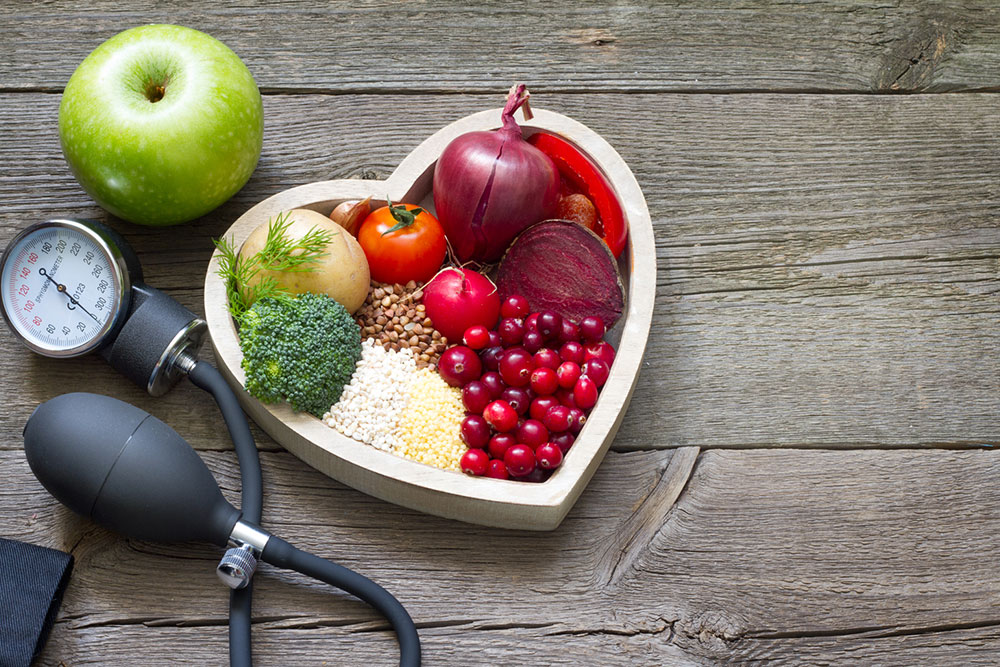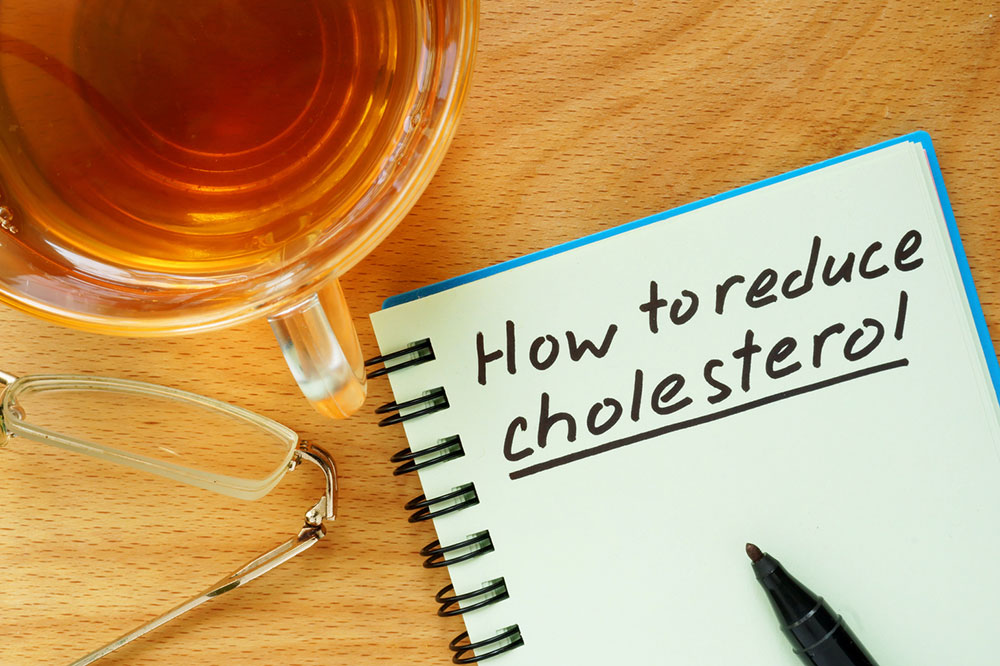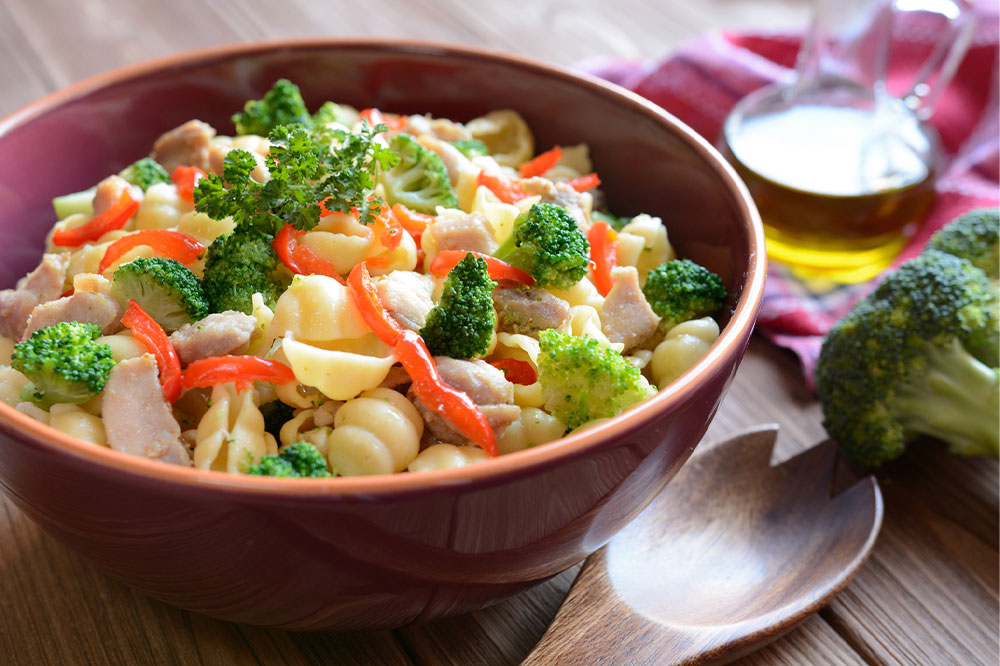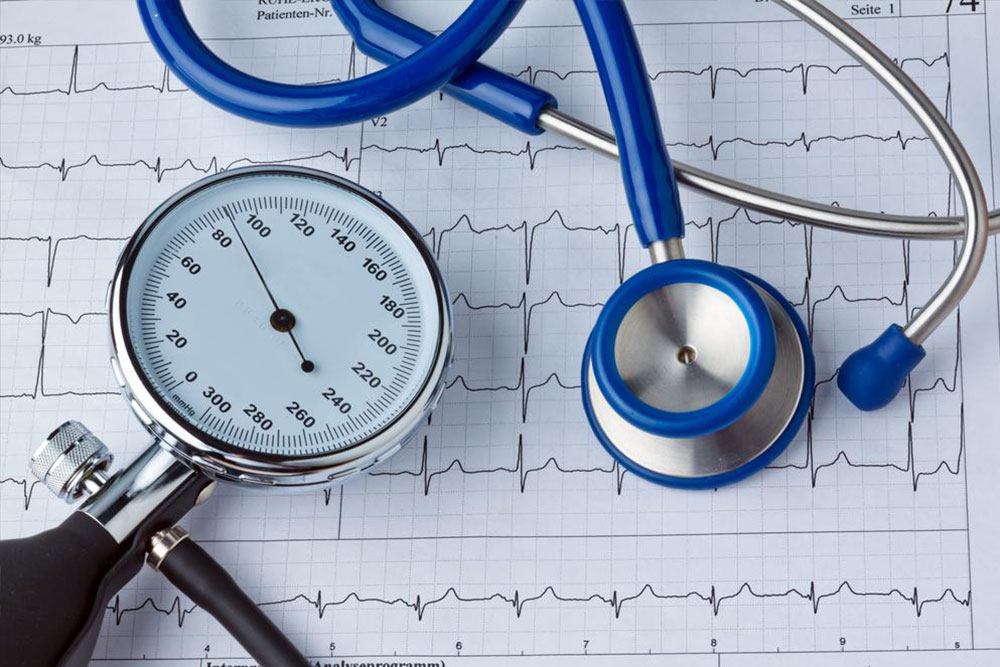Effective Strategies to Boost Your Good Cholesterol Levels
Learn practical, science-backed ways to increase your HDL (good) cholesterol levels naturally. Discover dietary habits, exercise routines, and lifestyle changes that promote heart health and reduce disease risk, all supported by recent research. Whether through diet, physical activity, or quitting smoking, this guide provides effective strategies to optimize your cholesterol profile and enhance overall well-being.

Effective Strategies to Boost Your Good Cholesterol Levels
Not all cholesterol impacts health negatively. HDL (High-density lipoprotein), commonly known as "good" cholesterol, plays a beneficial role. Elevated HDL levels help transport excess cholesterol from arteries to the liver, promoting its removal from the body. Higher HDL reduces the risk of cardiovascular diseases and exhibits anti-inflammatory and antioxidant properties. To assess your cholesterol status, a blood test is essential.
Healthcare providers recommend a minimum HDL level of 50 mg/dl for women and 40 mg/dl for men. Levels below this may increase LDL buildup, raising heart disease risk. Managing LDL and maintaining optimal HDL is crucial for health. If you seek to improve your cholesterol profile, consider these proven tips for naturally increasing HDL levels.
Adopt a low-carb or ketogenic diet
These eating plans help lower blood sugar levels and support weight management. Maintaining a healthy weight through such diets can significantly elevate HDL levels. Incorporate foods rich in monounsaturated and polyunsaturated fats, found in fish like salmon, nuts, and plant-based oils. Small portion sizes and mindful eating habits benefit individuals with metabolic conditions such as diabetes and obesity.
Include olive oil in your meals
Rich in beneficial monounsaturated fats, olive oil is effective in reducing heart disease risks. Especially in its extra virgin form, olive oil contains polyphenols that enhance HDL's antioxidant and anti-inflammatory actions, contributing to better heart health.
Exercise regularly
Physical activity plays a vital role in improving heart health. Aerobic exercises, high-intensity workouts, and strength training are particularly effective at raising HDL levels. Studies suggest that engaging in high-intensity interval training (HIIT) or circuit training boosts "good" cholesterol and enhances its protective functions. Even moderate activity yields health benefits.
Quit smoking
Smoking negatively affects HDL cholesterol and overall cardiovascular health. Quitting increases HDL levels and improves its function, reducing inflammation and lowering disease risks. Many individuals observe higher HDL after stopping smoking, gaining a healthier heart environment.
Eat purple-colored fruits and vegetables
Consuming purple produce like blueberries, eggplant, blackberries, and red cabbage provides anthocyanins—antioxidants that help prevent cell damage, reduce inflammation, and elevate HDL cholesterol.
Beyond these tips, consider adding coconut oil, fatty fish to your diet, and avoiding artificial trans fats. While genetics influence HDL levels, these lifestyle changes can naturally enhance your "good" cholesterol and support cardiovascular health.










